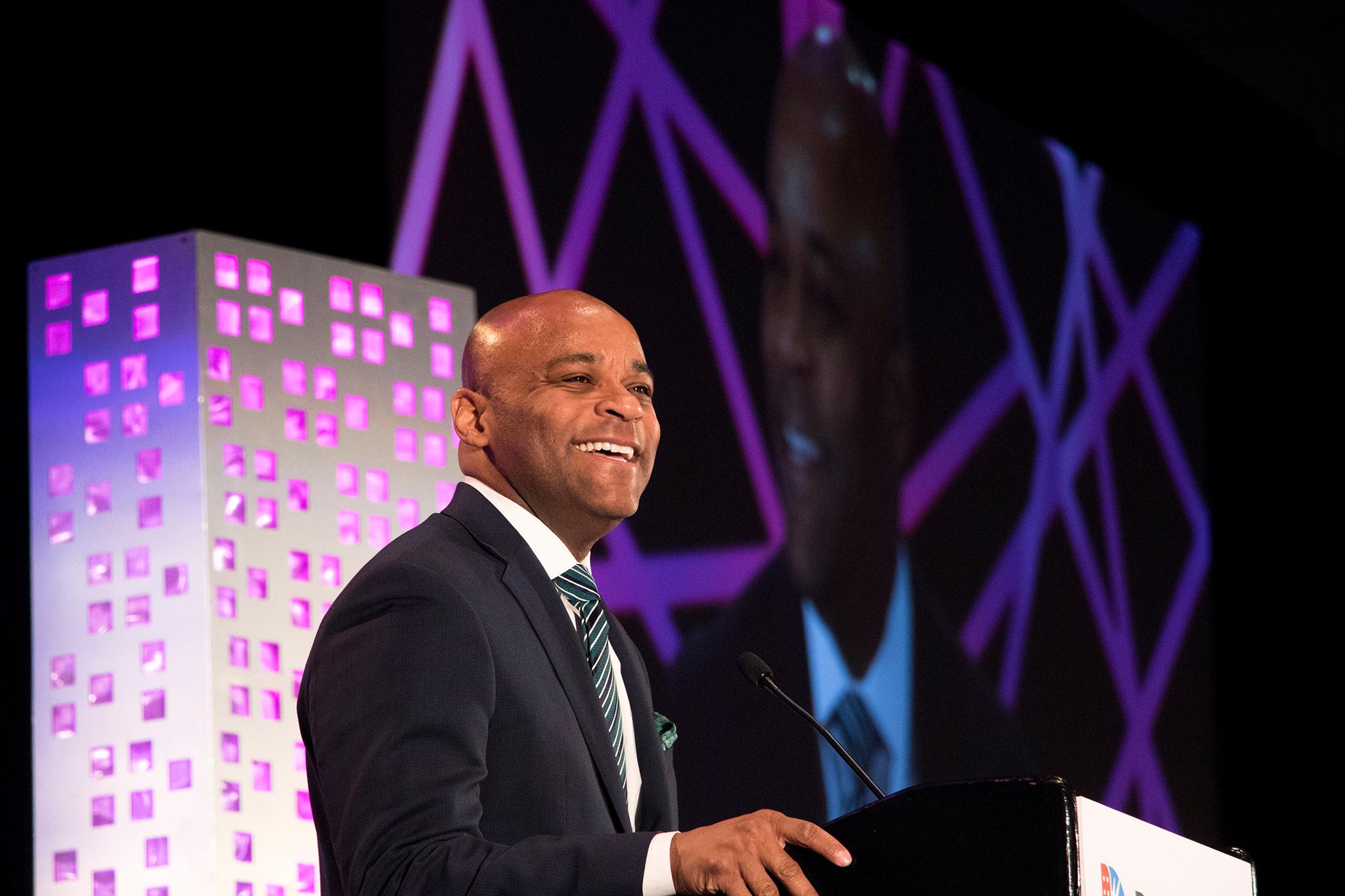Denver has a lot of transportation plans. They contain idyllic renderings of tree-lined streets with connected sidewalks and roomy bike lanes and bus rapid transit systems.
They also contain price tags of more than $6 billion.
Denver has identified only a fraction of those funds, through bonds and other sources. But Mayor Michael Hancock said Thursday he's working with his counterparts to forge a "grand deal" for the city's grand plans.
"We're gonna look at a more regional approach as opposed to just Denver," Hancock said during an interview at the Sustainable Denver Summit. "I think we'll have some success. I've already had a few preliminary conversations with some mayors."
Whether it's a voter-approved tax measure or something else remains to be seen. Metro Denver voters could prove more willing than Coloradans as a whole, who on Election Day resoundingly rejected proposition 110, a tax bump for roads, transit and locally disbursed transportation money. The city stood to receive almost $30 million a year in unrestricted funding.
A regional measure is no gimme. Denver was one of just five counties to vote for 110, according to unofficial results from the Colorado Secretary of State. Boulder was the only other pro-110 jurisdiction in the area.
Hancock called 110's failure "huge" and said messaging would be key for any future measure.
"You have to make sure your messaging is not just about congestion," Hancock said. "It has to be about health -- short-term and long-term health. If I just talk about congestion and a longtime Denverite says, 'There wasn't congestion until newcomers came to Denver,' then we begin to shut down a large percentage of the people in terms of hearing that message."
Denver's primary transportation plans include blueprints for pedestrians and trails, transit and biking.














